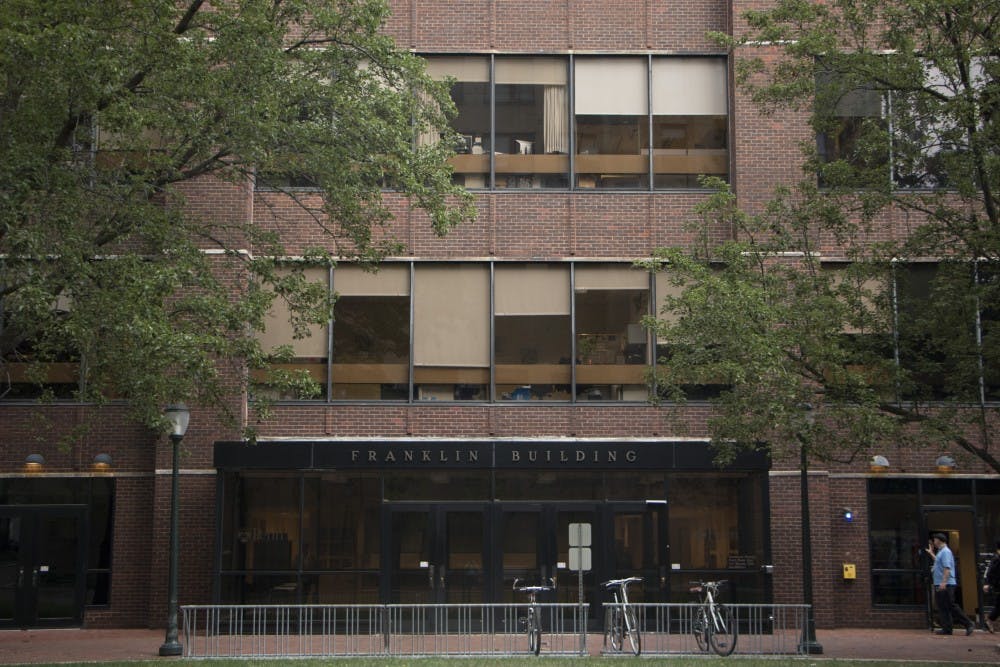
Hundreds of Penn students were notified at the beginning of the academic year that they would receive a new financial aid counselor.
Now, highly-aided undergraduate students will have two dedicated financial aid counselors, and graduate students will have four. This is the first time either group has had specialized financial aid counselors — a decision both students and administrators say came as a result of student feedback.
Prior to this semester, Student Financial Services had one general counseling team and assigned students to counselors alphabetically by last name.
The restructuring of financial aid staff will allow SFS to provide specialized training to counselors, Senior University Director of Financial Aid Elaine Papas Varas said.
“The changes are really as a result of feedback that I’ve been getting for the last two years that I have been here, coming from our student groups that we sit on and the schools that we’re servicing,” Varas said.
College senior Lyndsi Burcham said that students have been asking for counselors dedicated to first-generation, low-income students for a long time. Burcham sits on the Student Financial Services Advisory Board and is also the advocacy chair for Penn First, Penn's largest FGLI student group.
She noted that, because the students who most frequently visit SFS fall into the broader category of FGLI, appointing FGLI-specific counselors would not be logistically feasible.
"So for a while ... basically we were told ‘no’ because of the logical reasons that the demand would just be too much for one or two counselors," Burcham said.
Burcham said, however, that SFS's recent specification of highly-aided students within the FGLI community has made dedicated counseling possible.
While highly-aided counselors will direct undergraduate FGLI students to specific benefits, Varas said that training for graduate counselors will focus on providing information about loan options.
“Graduate students are borrowing a lot of loan funding if they’re on financial aid," Varas said. "And we really need to be sure that we are giving them loan information that is pertinent to what they're doing."
Prior to this initiative, graduate students had the option of going to financial aid staff within their individual schools for support. Varas said that many students were not using that resource.
Jade Parker, a candidate for a master's degree in education, wrote in an email to The Daily Pennsylvanian that the topic of financial assistance from SFS for graduate students was an "urgent question" at the first Graduate and Professional Student Assembly meeting she attended. Parker is the FGLI deputy on GAPSA's equity and access committee.
"I think this indicates a step in the right direction for SFS being able to address needs that are specific to graduate students," Parker wrote.
A recent GAPSA survey found that nearly half of Penn graduate students are struggling with feelings of depression. The survey cited financial stress as one of the key challenges to mental health on campus.
Parker added that a "much needed extension" of support would be graduate student inclusion in the new Penn First Plus Office, an initiative for FGLI undergraduates announced last May.
Former beat reporter Urooba Abid contributed reporting.
The Daily Pennsylvanian is an independent, student-run newspaper. Please consider making a donation to support the coverage that shapes the University. Your generosity ensures a future of strong journalism at Penn.
Donate







